Coming to America, having worked many jobs, at times thinking his dream would collapse, Dr. David Vu realized that 'only education can change the present' and he became the owner of 28 patents.
In late 1991, after completing his major in Hydrogeology at the University of Natural Sciences in Ho Chi Minh City (now part of the Vietnam National University in Ho Chi Minh City), David Vu followed his family to Lincoln City, Nebraska, USA to settle down. His limited English skills made it quite difficult for him to find a way to survive. Initially, he worked for a frozen meat company, but soon realized that hours of manual labor in a cold environment did not bring a future for the small and ambitious 23-year-old boy.
To improve his English and earn money to pay for his studies, David Vu became an assistant at a local veterinarian clinic. Due to economic difficulties, he often skipped breakfast, saving only a chocolate bar or a can of corn for lunch. He said that in winter, Nebraska sometimes had temperatures as low as minus 30 degrees Celsius, and there was no means of transportation, so he often had to run for hours, sometimes his limbs were numb and his lips were chapped and bleeding. In winter, he went to school by bus every day with a hood covering his face, leaving only his eyes and nostrils exposed. It was so cold that his breath froze and looked like a snow beard.
"At first, the American dream seemed to have completely collapsed. I realized that I had to succeed in my studies to change the situation," he told VnExpress about his first winter in a foreign land.

Dr. David Vu. Photo: NVCC
With a thirst for success, in 1993, he passed the entrance exam for Chemical Engineering at the University of Nebraska-Lincoln. This school is in the top 30% of the leading national research universities in the US. He worked many jobs to earn money. Sometimes he was an interpreter at the Lincoln City Department of Education , sometimes he was an assistant to research professors. David Vu later received the McNair Scholar scholarship for excellent students in scientific research, aiming to study for a doctorate. This scholarship became a turning point in his academic path and a chance to bring him to his passion for research.
He worked with two professors of chemical engineering and civil engineering, researching how to detect cracks in concrete bridges and steel. In 1997, David Vu graduated with a degree in chemical engineering and continued his master's degree, focusing on research on solid acid catalysts to replace liquid catalysts. In 1999, after receiving his master's degree in chemical engineering, he worked for ATARD laboratory, a company that researched polymer compounds for aircraft and electric motors. After that, he continued his doctorate at the University of Nebraska. This was the time when he broke through with two patents. The first was a study on a method to separate caffeine from coffee from automatic coffee machines using zeolite and silica imprinting on cellulose fibers and a patent on the production of nanotechnology (nano particles and fibers) from chitosan (shrimp shells). The research on attaching zeolite to cellulose fibers helped him become the third person in the world to be granted a patent for this research.
Before receiving his doctorate in December 2005, he worked at the invitation of LNK Chemsolutions, a company specializing in medical research. Here, he was granted a patent for using nanotechnology to create cancer drugs. He also wrote software for Kamterter Products LLC, a company specializing in agricultural technology and seeds, and has been there until now.
Dr. David Vu said that in the US, universities do not focus on training in-depth knowledge for graduate students but on training in scientific research methods. After graduation, graduate students can follow new passions. This is the reason why his research directions "change" according to passion and practical needs.
Among his research patented by the World Intellectual Property Organization (WIPO) is nanotechnology. It was in 2002 when nanotechnology was booming, he used shrimp shells to implant knee cartilage cells onto a nano-mat (chitosan nanofibers mat). He became the first person in the world to create chitosan nano-membranes with crosslinking. This was the first research to create starch acetate nanofibers with a size smaller than 40 nanometers.

Nanochitosan fiber with crosslinking from shrimp shells. Photo: Research team

Knee cartilage cells were cultured on a chitosan membrane made from shrimp shells. Photo: Research team
At the age of 56, Dr. David Vu currently owns 28 patents granted in the US, including 4 patents from WIPO, the inventions are focused on the fields of agriculture, medicine, chemicals and internal combustion engines. His inventions are applied to solve difficult problems in the fields of medicine and agriculture.
He shared that he wanted to bring technology and inventions to the agricultural sector such as spraying pesticides and herbicides, or stimulants for seeds/plants to withstand salinity, drought, pests, alum and high productivity to help Vietnam's agriculture develop and reduce dependence on foreign countries. These are inventions that help reduce the harmful effects of pesticides and herbicides on the environment, protect farmers' health, and save time and costs in production.
Dr. David Vu said he is willing to share his experience and knowledge in guiding young scientists in the direction of applied research, as well as exchanging technology, cooperating in research and developing businesses. He also suggested that universities should increase investment funds for domestic research and create a favorable environment for young scientists and graduate students to access, and encourage support for small businesses.
Nhu Quynh
Source

![[Photo] The 1st Congress of Phu Tho Provincial Party Committee, term 2025-2030](https://vphoto.vietnam.vn/thumb/1200x675/vietnam/resource/IMAGE/2025/9/30/1507da06216649bba8a1ce6251816820)

![[Photo] General Secretary To Lam receives US Ambassador to Vietnam Marc Knapper](https://vphoto.vietnam.vn/thumb/1200x675/vietnam/resource/IMAGE/2025/9/29/c8fd0761aa184da7814aee57d87c49b3)
![[Photo] General Secretary To Lam, Secretary of the Central Military Commission attends the 12th Party Congress of the Army](https://vphoto.vietnam.vn/thumb/1200x675/vietnam/resource/IMAGE/2025/9/30/9b63aaa37ddb472ead84e3870a8ae825)
![[Photo] Solemn opening of the 12th Military Party Congress for the 2025-2030 term](https://vphoto.vietnam.vn/thumb/1200x675/vietnam/resource/IMAGE/2025/9/30/2cd383b3130d41a1a4b5ace0d5eb989d)



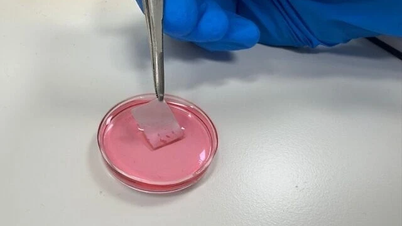



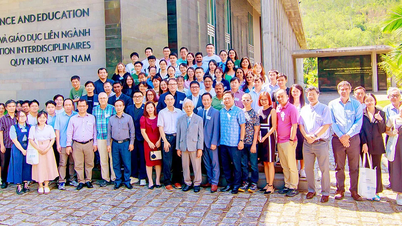


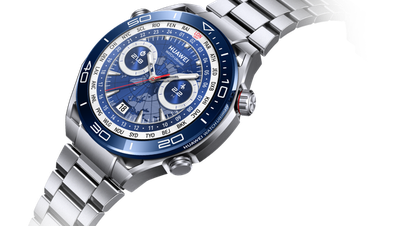


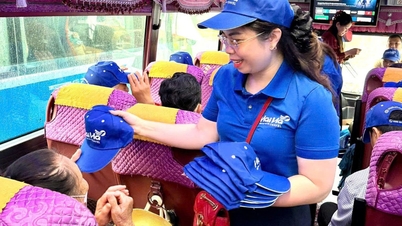


















![[Photo] General Secretary To Lam attends the ceremony to celebrate the 80th anniversary of the post and telecommunications sector and the 66th anniversary of the science and technology sector.](https://vphoto.vietnam.vn/thumb/1200x675/vietnam/resource/IMAGE/2025/9/29/8e86b39b8fe44121a2b14a031f4cef46)























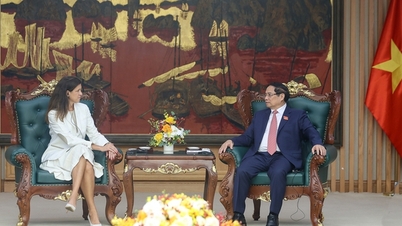



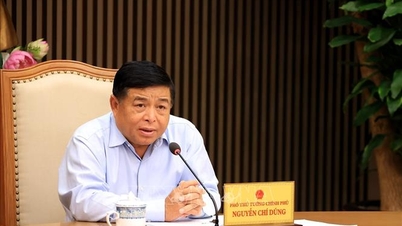

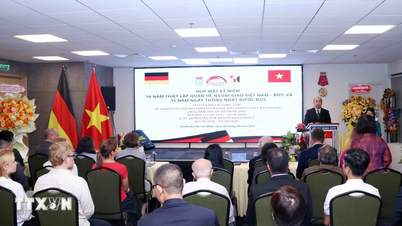
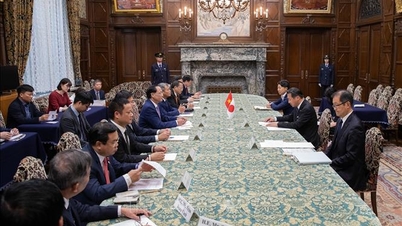


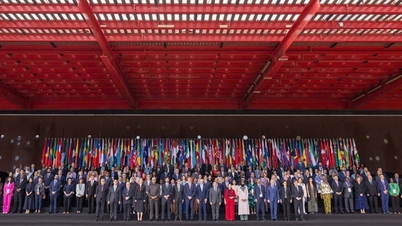
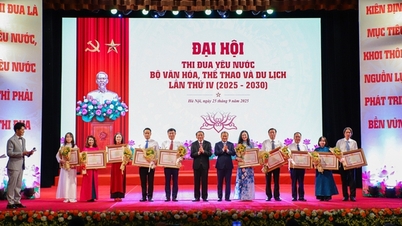






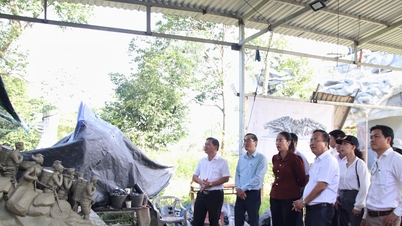
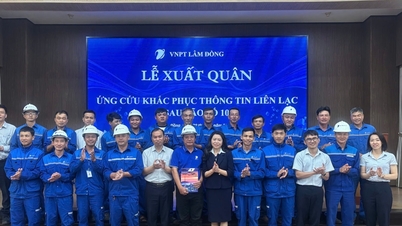

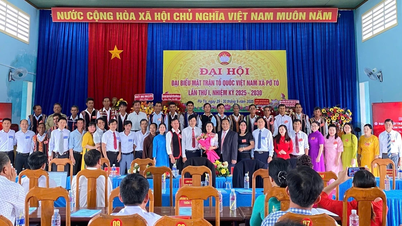

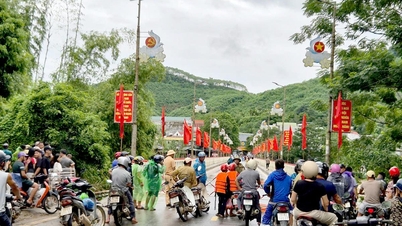
















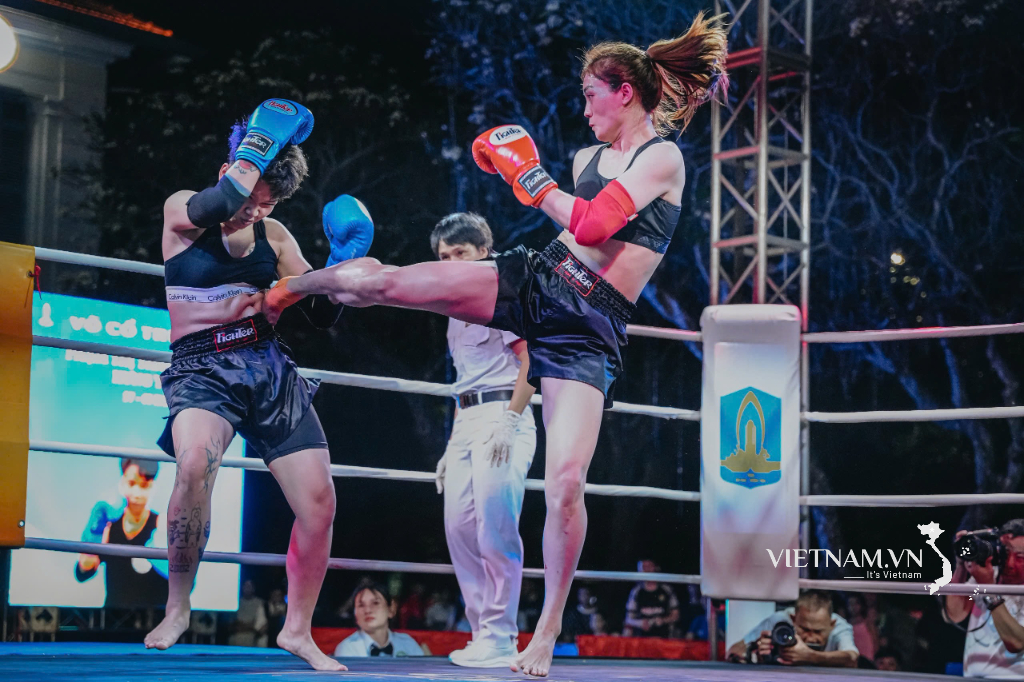
Comment (0)